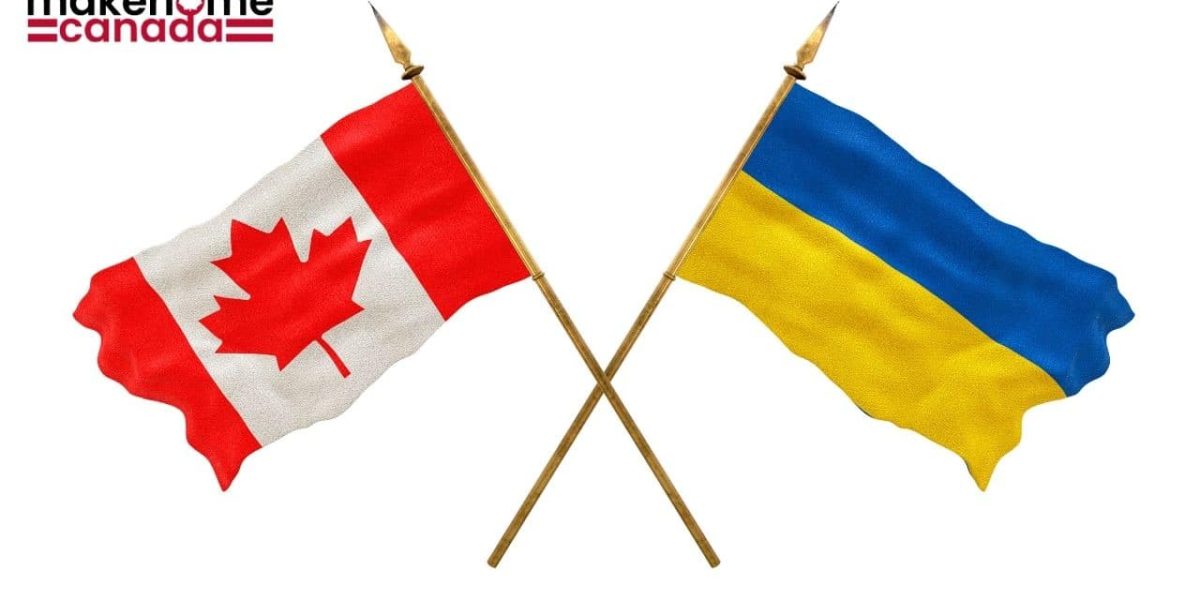Canadian wages and deductions are essential for newcomers arriving in Canada. They must know the entire legal process concerning wages and deductions.
The income or compensation you negotiate will not necessarily be what will be in your bank account at the conclusion of each pay period. Hence, you ought to bear this in mind when you begin working. The salary that you receive may be less than you anticipate. This is because your employer must subtract specific amounts from your gross income.
Canadian wages and deductions
Wages
Your salary must be paid by your employer on the scheduled regular payday. Paydays are typically received twice a month, which might vary from your home country.
If you are somebody working in a firm or industry subject to federal regulation, you are entitled to certain protections regarding the payment of wages. You have the right to obtain at least the legal minimum wage.
You will be paid at the higher provincial or territorial rate if it is greater than the federal minimum wage in the province or territory where you are employed. If you do not receive hourly payment, you must get a salary equal to the minimum wage.
What about a pay stub?
A pay slip, often known as a wage slip, is a statement of your earnings from employment. You will attain a pay stub for each salary payment. It provides the details of how the sum was determined, including any deductions. You might receive the pay stub in person, through email, or saved in a system that only employees have access to. It may also be in paper or digital form.
Although the design of a paystub from one employer may differ from another, they usually all include the same information. On your pay stub, you’ll see the following:
- Name (and, if relevant, employee id number).
- Your pay date is the day you are paid for the period. It is the day you receive your paycheck or wages.
- Pay period, or the time frame for which you are paid (often two weeks).
- Gross income, or your pay period’s income before taxes and deductions.
- Deductions for the pay period, like income taxes, Net pay for the pay period, or your take-home pay after taxes and deductions.
- Gross pay and deductions for the entire year.
When compared to a pay cheque, which is the actual payment of earnings in the form of a tangible cheque, a pay stub is different. The direct deposit option allows you to have your income directly into your bank account rather than through a cheque. It is the option that many Canadian employers require of their employees.
Canadian wages and deductions
Before paying you, your employer may deduct some amounts from the payment you receive. Some of these deductions might support public systems, while others can help you when you need it most, including during unemployment, childcare leave, or retirement.
As an employee, your employer may deduct some items from your salary, such as:
- Taxes and employment insurance premiums, for example, are mandated by federal or provincial law.
- Authorized by court order, such as payments for child support.
- Allowed by a collective bargaining agreement, such as paying union dues.
- Aimed at recovering any overpayment wages.
As an employee, you can also give your employer permission to deduct other expenses, such as:
- Charity contributions
- Donations to a savings account
- Premiums for health and dentistry
- Rates for life insurance and long-term disability
- Contributions to RRSPs or pension plans
Your authorization must be in writing and include details about the precise sums, use for, and frequency of the deductions to be legal. Doing so will enhance your confidence about what you are signing and how and when it will influence your income. It’s crucial to understand that no one can compel you to sign permission from your employer. Your agreement must be according to your will and consent.
Standard Canadian deductions for employees
The CPP or QPP, Employment Insurance (EI) premiums, and income tax deductions are Canada’s three most frequent payroll deductions.
The government manages the Canada Pension Plan (CPP). It offers a taxable pension to replace a portion of your income once you retire. Employers and employees in Quebec must contribute to the QPP rather than the CPP because Quebec has its own pension program.
For 2023, the highest possible pensionable income under the CPP is $66,000, with a baseline deduction of $3,500. While the worker and employer contribution rates are 5.95%.
Accordingly, your annual CPP contribution will be equivalent to ($66,000 – $3,500) x 5.95/100 = $3,718.75 if your yearly income is over $66,000. In contrast, your CPP contribution will be equal to (your income – $3,500) x 5.95/100 if your income is less than $66,000.
Employment Insurance protects your income from working. Also, it offers short-term financial aid to those who qualify, are working, or cannot work.
The maximum insurable wages for 2023 are $61,500, capped at 1.63 percent.
Accordingly, if your yearly insurable income is at least $61,500, you must pay $61,500 x 1.63/100 = $1,002.45 in EI premiums per year.
Your company makes a tax deduction payment to the government on your behalf. Taxes are legally required from both individuals and corporations to operate and develop publicly funded services.
Your income will determine how much income tax is taken out of your paycheck. Also, because the federal and provincial governments have different tax rates, your total income tax obligation will vary depending on your yearly income and the province in which you reside.




